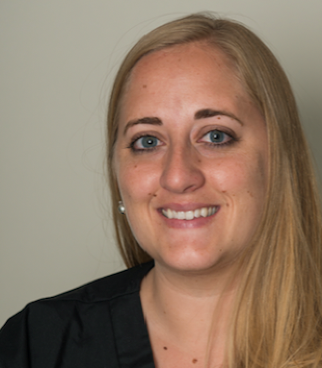This week, we honor and celebrate Forensic Nurses Week. A week marked to recognize the hard work, dedication, and contributions of forensic nurse examiners across the United States and the world. Held annually during the second week in November, forensic nurses, leadership, and members of multidisciplinary teams celebrate and highlight the professionals in this field and elevate their work to raise awareness in their communities.
American Indian and Alaska Native women, men, and individuals identifying as 2SLGBTQ+ experience violence at alarming rates. Native women are 1.2 times as likely as non-Hispanic white-only women to have experienced violence in their lifetime and 1.7 times as likely to have experienced violence in the past year. More than four in five American Indian and Alaska Native women (84.3 percent) have experienced violence in their lifetime.
Forensic nurse examiners in Indian Country are uniquely positioned to provide compassionate, culturally competent, trauma-informed care to American Indian and Alaska Native patients, their families, and communities affected by violence, including sexual assault, domestic violence, intimate partner violence, dating violence, and strangulation. Forensic nurse examiners are paramount in Indian Country for both health care and the criminal justice system. Forensic nurses ensure patients receive optimal care, minimize potential long-term health consequences, gather evidence, provide courtroom testimony, and offer continued connection to appropriate resources by meeting their cultural and spiritual-based needs through tribal community sources.
To practice, any registered nurse or advanced practice registered nurse can become a forensic nurse examiner after completing a 40-hour didactic certificate training course, followed by 16 hours of clinical hands-on training. Forensic nurse examiners use the nursing process to assess, diagnose, and treat patients affected by violence and trauma. Equipped with a strong sense of compassion, a specialized skill set and knowledge of trauma-informed care, forensic nurse examiners conduct medical forensic examinations and work one-on-one with patients across the lifespan to maintain, monitor, and regain their health and wellness.
After the requisite training, a nurse can practice as a forensic nurse examiner. Once a nurse successfully completes the required forensic nursing training requirements and gains related experience, they can obtain credentials through National Board Certification. Obtaining forensic nursing-related credentials offers professional recognition, allows for greater confidence and competence in practice, and highlights dedication to patients and the field.
The Indian Health Service, its providers and programs, such as the Domestic Violence Prevention Program and the Forensic Healthcare Programs, address and enhance the healthy facilitation of treatment, while respecting the balance, wellness, and resilience of American Indian and Alaska Native people.
As the IHS Division of Nursing Services recognizes forensic nurse examiners and the work they are doing to combat violence, we ask that you join us in celebrating each and every forensic nurse across the Indian Health Service care systems. Let us celebrate and recognize the important work they are doing to lift the physical, mental, social, and spiritual health of American Indians and Alaska Natives to the highest level. Please show your support by wearing lilac on November 9 – Forensic Nurses Day.
Related Content:
- Texas A&M University Center of Excellence in Forensic Nursing was recently awarded the Forensic Nursing Consultation Program contract.
- The Forensic Nursing Consultation Program contract will offer the 40-hour SANE training courses, additional and ongoing education, technical assistance for IHS, tribal, and urban Indian organization providers, mentorship opportunities, and more. Additional information to come.
- International Association of Forensic Nurses –
- Academy of Forensic Nursing



